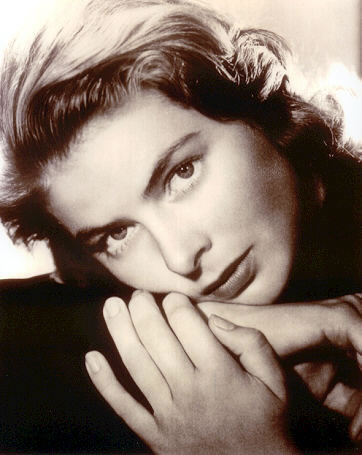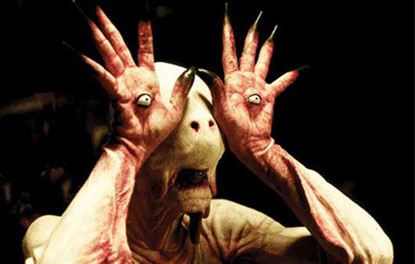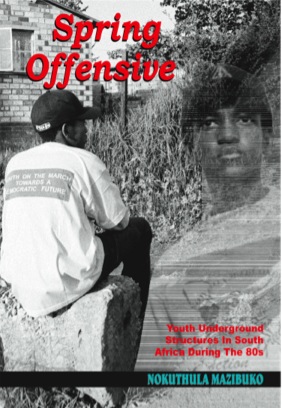And the results…
ACTOR: Forest Whitaker (The Last King of Scotland)
SUPPORTING ACTOR: Alan Arkin (Little Miss Sunshine) (yay, my long shot won!)
ACTRESS: Helen Mirren
SUPPORTING ACTRESS: Jennifer Hudson
ANIMATED FILM: Happy Feet (Ha! Take that, Cars! Reserving judgment until I manage to see both.) (Robyn may be right.)
ART DIRECTION: Pan’s Labyrinth (Hooray!)
CINEMATOGRAPHY: Pan’s Labyrinth (Huzzah!)
DOCUMENTARY: An Inconvenient Truth
FOREIGN FILM: The Lives of Others (sniffle)
ACHIEVEMENT IN MAKEUP: Pan’s Labyrinth (!)
ORIGINAL SCORE: Babel
ADAPTED SCREENPLAY: The Departed
ORIGINAL SCREENPLAY: Little Miss Sunshine
BEST ANIMATED SHORT: The Danish Poet
BEST LIVE-ACTION SHORT: West Bank Story (I’d like to see this–it looked pretty good!)
SOUND EDITING: Letters from Iwo Jima
SOUND MIXING: Dreamgirls
COSTUME DESIGN: Marie Antoinette
VISUAL EFFECTS: Pirates of the Caribbean: Dead Man’s Chest
DOCUMENTARY (SHORT SUBJECT): The Blood of Yingzhou District
ORIGINAL SONG: An Inconvenient Truth (Melissa Etheridge)
FILM EDITING: The Departed
DIRECTOR: Martin Scorsese (The Departed)
BEST PICTURE: The Departed
…
So, overall–
Pan’s Labyrinth won three out of the six it was nominated for! That’s not bad at all! (Plus, it will look very pretty and symmetrical on the DVD case, which is always good.) It also got the second-most number of Oscars this year, just behind The Departed, which won four. *shakes fist* A few surprises were Alan Arkin (Little Miss Sunshine) for Best Supporting Actor, Happy Feet for Best Animated Film, and Little Miss Sunshine for Best Original Screenplay.
My real reason for watching the Academy Awards, which is lacking in many respects as an institution for judgment of films (true objectiveness being one of them), is to discover new movies that look interesting. I’m ashamed to admit that I haven’t yet seen The Departed, Little Miss Sunshine, The Queen, Babel, or Happy Feet. I am therefore a complete disgrace and shall attempt to rectify this situation as soon as possible. Other films that look fascinating include Notes on a Scandal (yay, Judi Dench!), Children of Men, The Lives of Others, Water, West Bank Story, and The Blood of Yingzhou District.
Finally, I’m going to continue to shamelessly plug Pan’s Labyrinth. It’s indescribably superb. I think it may even be my favorite recent foreign film, though it’s difficult to beat Amelie. I’ll have to give that one some thought. Anyway, please, please, please see it as soon as you have the chance. You’ll love it. I promise
.






